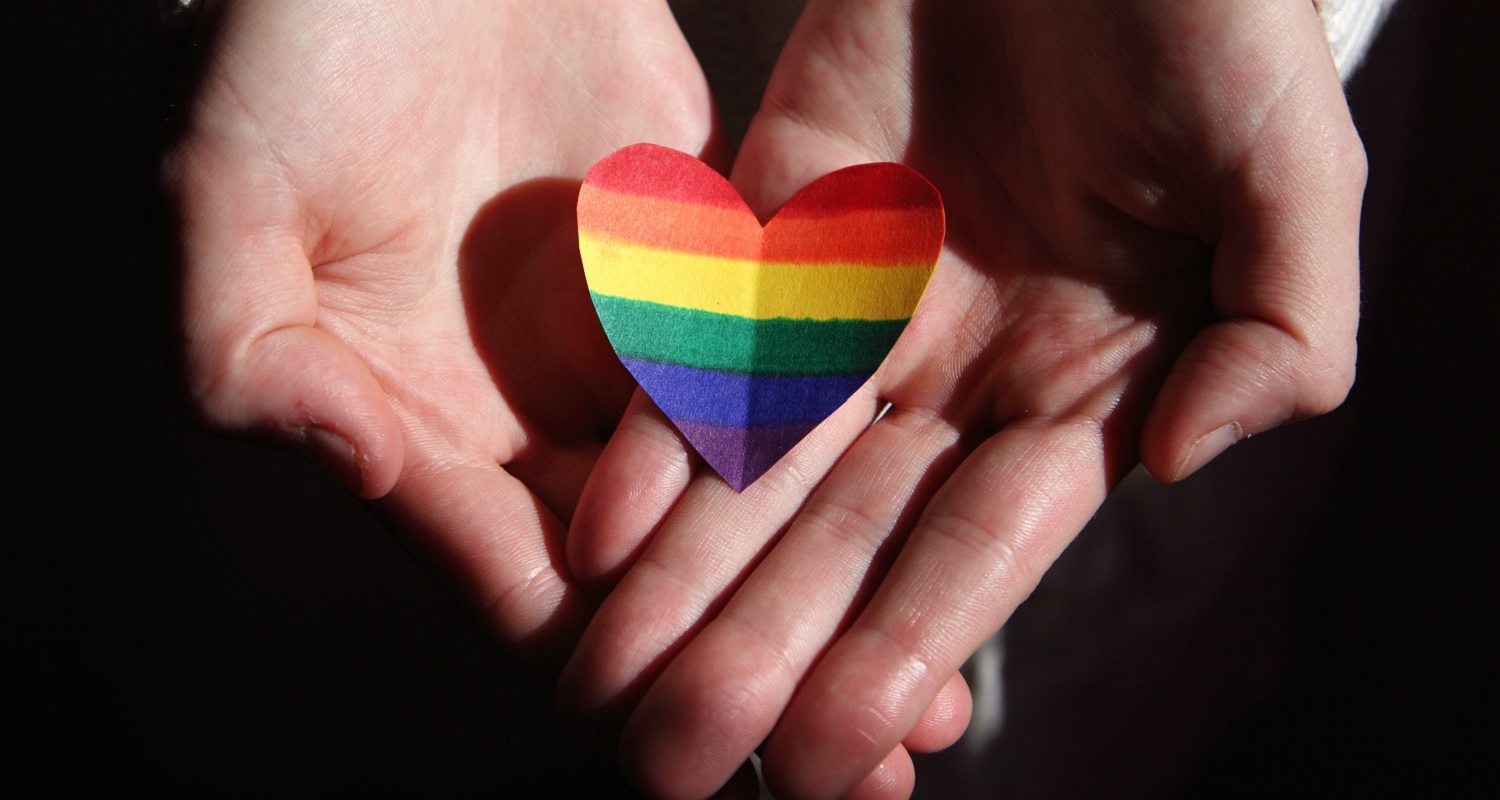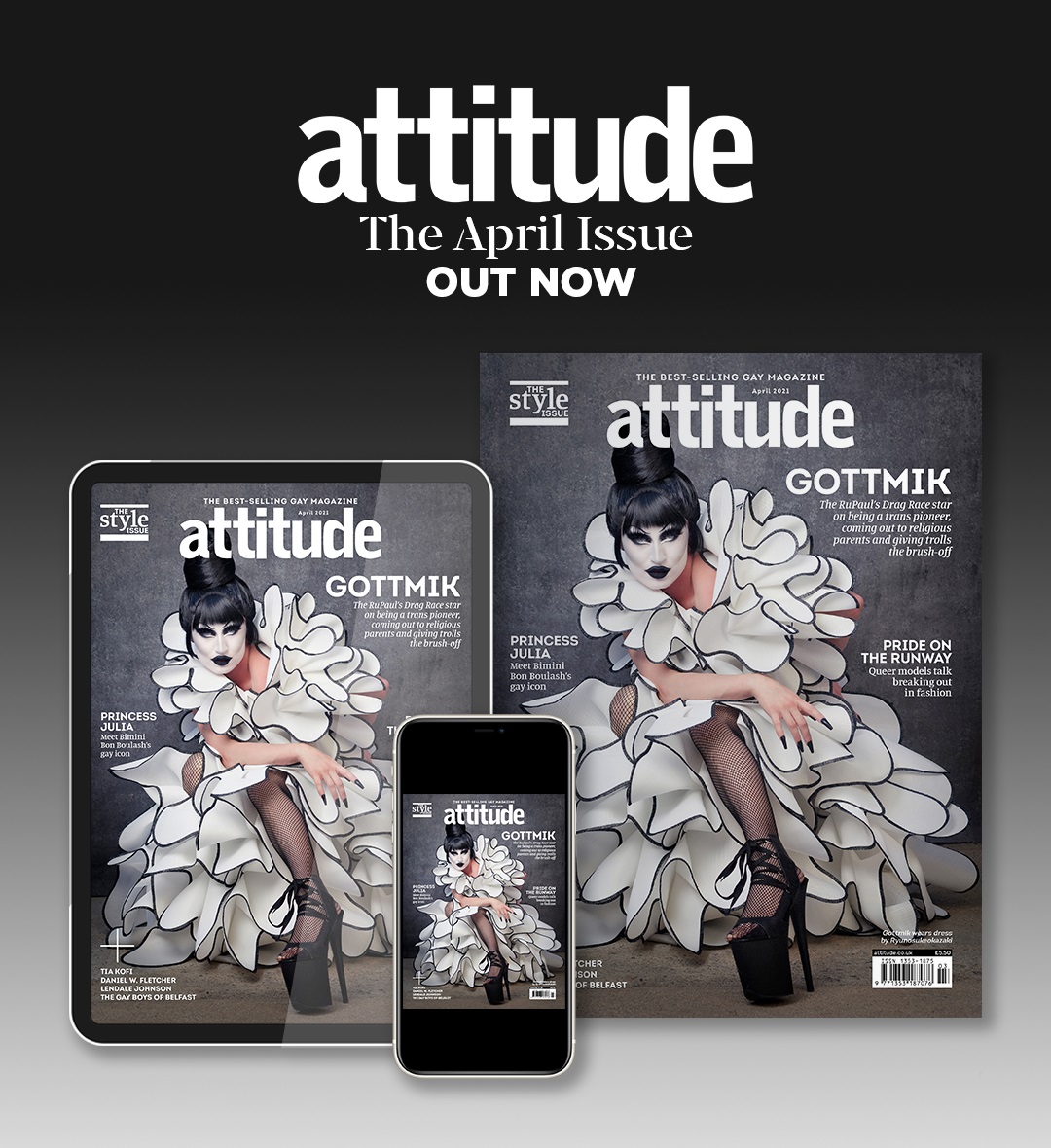Myth of the ‘Perfekt Pole:’ A Polish immigrant’s take on his nation’s LGBT-free zones
Opinion: Being different was the ultimate sin in Communist Poland, writes filmmaker Sebastian Strakowicz

Words: Sebastian Strakowicz; pictures: Provided
I often forget that I am gay or Polish, but I never forget that I am different. I also fully recognise my privilege of living a relatively label-free existence.
Yet it has taken a third of Poland declaring itself as an ‘LGBTQ-free’ zone; the President of Poland, Andrzej Duda, calling the LGBTQ community “not people, but an ideology” and the Archbishop of Krakow, Marek Jedraszewski, declaring the LGBTQ movement a “plague” for me to take notice. Privilege can be tricky.
When I first heard of the Polish LGBTQ-zones, they felt strangely familiar because I recognised myself in them. Having grown up in Communist Poland, being different was the ultimate sin.
Homosexuals, divorced people, single mothers, Germans, Jews and Roma people, among many others, were all part of that group. We weren’t singled out – just unofficially grouped as the ‘others’ and therefore different. We were to be feared. Yet, this very difference turned into an asset as soon as I moved to Canada.
Seemingly overnight I was actively encouraged to explore and aspire to be different by teachers, friends, and co-workers. It was a headfuck.
My difference became an active part of the ever-changing Canadian cultural mosaic. Becoming an immigrant was unexpectedly empowering. Even though the transition wasn’t easy (especially in the economic sense, not knowing the language and new family dynamics), I embraced it wholeheartedly. As a pretty confident person I was willing to give up a lot to belong, yet all Canada asked of me was to respect others in return. I had to change to survive.
I’m now a naturalised Canadian and honorary Australian after living there for over a decade. But I now reside in London, where an EU t-shirt I recently wore prompted strong emotions in others.
The jeers come exclusively from the safety of strangers’ cars driving 30 miles an hour. Reactions from passers-by were more timid: confused stares, worrying concern, eye rolls and joyful, approving smiles. Wearing it took me right back to my native Poland where wearing a rainbow flag t-shirt triggers a similar reaction.
I get to fashion my identity. I prioritise my EU-citizenship (except when I’m in Canada) over my Polish identity – fully realising that one cannot exist without the other – and that very act pisses off my native Poles and now the Brits.
I am not unique in this ability to change. After all, I am just one of the millions of Poles who for millions of different reasons chose the unpredictable fate of immigrant existence over the familiar life in Poland. Does that make us less Polish? Or is it just an easier way to get fulfilment to be richer, gayer, agnostic… whatever?
With the relatively recent sharp turn to the far right, the ruling Law & Justice party’s bigotry and lies continue to push people to change and live our Polish (read: human) dreams outside of Poland.
Nationalism is an ever-changing construct, something my fellow Brits witnessed first-hand with Brexit’s special blend of patriotism and fear of the other (us Poles became the symbol of this fear in the 00s).
This very same perpetual search for the enemy is evident in Poland with the recently implemented tax penalties for foreign-owned media, the relentless Catholic Church demonisation of ‘non-traditional’ lifestyles, or with criminalising the very idea that Polish people could have contributed to the Holocaust. (Some may have done so, but that’s for another article).
These repressive tactics are built on lies serving the myth of the ‘Perfekt Pole’. An ambition impossible to achieve because we are much more complex than that one-dimensional, churchgoing, straight, patriot fable.
One of our most celebrated heroes and immigrants, Frederick Chopin, witnessed his ‘coming out’ only recently because for centuries we’ve been suppressing his love of dick. Have we learned our lesson? We are living with the truth and still love him – acceptance can be freeing.
Chopin once said that “every difficulty slurred over will be a ghost to disturb your repose later on.” He had his ghosts and we have ours. These ghosts will haunt us until we decide to change and embrace our differences… just like we did with Chopin and his ghost.
With this week’s news that MEPs have voted to declare the EU an ‘LGBTQ freedom zone‘, I’m hopeful.
Read the Attitude April Style issue, out now to download and to order globally.
Subscribe in print and get your first three issues for just £1 each, or digitally for just over £1.50 per issue.

